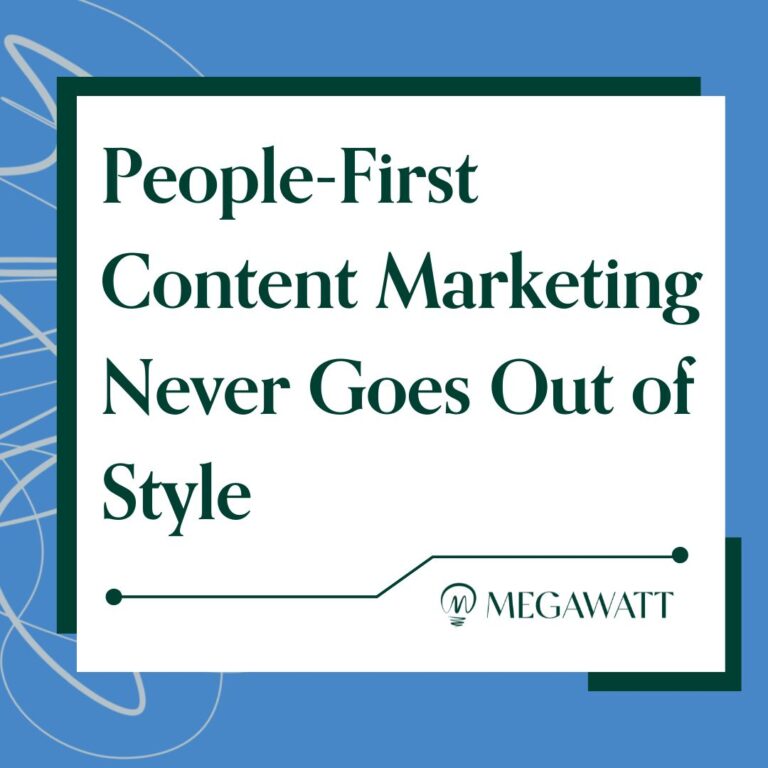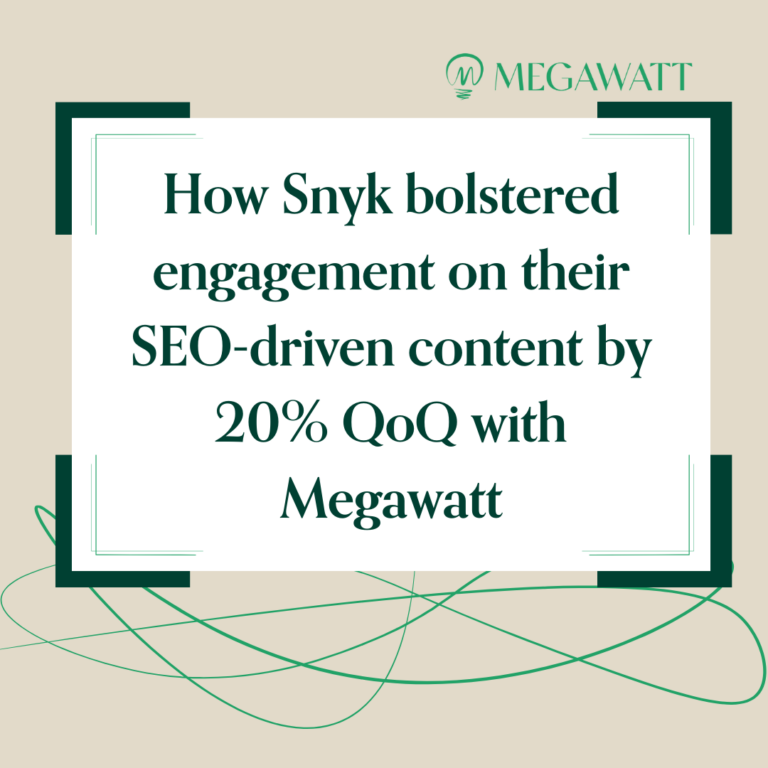Working with a disability: what to look for in a workplace
I’ll admit it: I’m picky. And, if anything, getting diagnosed with an autoimmune disease at age 18 only made me even pickier. When it came time for me to get a job, I knew I didn’t want a traditional, stuffy desk job — but I was afraid my fluctuating health conditions would force me to settle for a less-than-ideal position.
While the Americans with Disabilities Act (ADA) prohibits employers from discriminating against employees or applicants with disabilities, many people with chronic conditions feel intentionally overlooked in the job market.
Despite legal protections, many people with disabilities still feel discriminated against during hiring. Fear of falling victim to a stigma may lead applicants to settle for job positions that don’t satisfy — or even acknowledge — their needs. At least 26% of adults in the United States have a disability, whether physical or mental. However, only 3.7% of individuals self-identify as having a disability to their employers.
If you have a disability, there are certain things to look for in an employer to make your life easier. Here’s what I, an identified picky person, looked for as a guide during the job hunt.
But first: the boring legal stuff
The ADA legally requires employers to provide “reasonable accommodations for employees with disabilities.” These accommodations include actions such as having documents printed in larger fonts, reserved parking spaces, and alternative training and methods of communication.
The ADA does not mean you can apply for jobs you are otherwise unqualified for. You still need to be able to perform the core duties of the role as required. Even if you request an accommodation, failure to meet requirements does not prevent you from getting fired.
Keep this in mind when applying for new positions and act as your own advocate. Take account of your mental and physical limitations: don’t subject yourself to a job that will take too much out of you, even with allotted accommodations.
Sign up for Dear Wattson, our weekly newsletter, where all content conundrums are answered!
What to look for in a future employer
Some companies offer benefits that are more lucrative to people who suffer from chronic conditions. Before I looked at a single job application, I made a list of my requirements for a future employer.
PTO that doesn’t make you choose between health or fun
Even the most well-controlled chronic conditions require regular medical appointments. You should not have to choose between maintaining your health and enjoying a break from work. I would hate to have to sacrifice a vacation day to be sick — something that is unavoidable if you work at a company with limited time off.
Sick days help to alleviate some of the stress, but paid sick leave is not required in every state. Sick leave policies look different at every company: some may base leave off of time accrued by working hours (a metric not helpful for new employees) or can offer a set amount of time each year. A good start, but being disabled is often not the same as being sick.
Enter: paid time off. Debates surrounding unlimited paid time off have become increasingly common, but both sides often fail to mention how beneficial unlimited PTO is for those with disabilities.
When applying for a job, factor in how often you need to attend doctors’ appointments and how stable your condition is. Also, consider how much time you’d realistically like to take off in a year, as four weeks of annual vacation might satisfy your personal requirements.
Flexible working hours that allow you to set your own schedule
Let’s face it: some days, the work just isn’t happening. Fatigue is one of the most common symptoms of many illnesses. There are times when it’s impossible for me to work for eight hours straight.
Flexible working hours not only expand your job search, as they open the door to positions in different time zones, but they also give you the ability to take care of yourself.
For some careers, it may not be possible to switch your 9-to-5 to a 12-to-5-plus-a-couple-hours-at-night. But for roles involving mainly writing or programming, your employer may allow you more flexibility.
At Megawatt, I work with writers and clients across multiple time zones — some located as far as ten hours ahead of me. This isn’t as stressful as it may sound: the Megawatt policy requires all employees to overlap at least four hours with ET. Our clients with international locations can still partner with us to create content, and our employees can create work schedules around their lives.
A remote/hybrid policy to make a more comfortable workspace
The ability to work from wherever you want goes hand-in-hand with flexible working hours.
Having the ability to avoid long commutes and transportation arrangements puts more time back in your day and allows you to feel more in control of your schedule. Lengthy commutes can cause additional stress for those with certain conditions, making it harder to perform at your best once you make it to work.
As an added bonus, many remote companies offer stipends for employees to create more ergonomic workspaces. Use this stipend to purchase tools to make your work area more comfortable, such as chair cushioning or LED lighting for your eyes.
Employer-paid health insurance to stretch your paycheck
This one might seem like a given, but depending on the company you’re looking at, employer-paid health insurance might be fully off the table depending on the company you’re looking at.
In the United States, businesses with less than 50 employees are not required to offer health insurance benefits to their employees. Companies headquartered overseas do not have to provide health insurance either. Even if you currently receive coverage under someone else’s plan, take note of a company’s health insurance policy in case your situation changes in the future.
Megawatt offers fully employer-paid health insurance with the additional opportunity to contribute to individual FSA/HSA accounts. Both of these options can make it easier to pay for additional medical expenses, like co-pays and medical bills.
Know your worth
Many people struggle with imposter syndrome, regardless if they have a disability or not. When you don’t believe in yourself, you might find yourself at a job that has little regard for you as a person.
All employers should strive to be inclusive, but not all companies make this one of their priorities. Even though I’m quite particular about benefits, I was still willing to settle for three out of the four listed above. But it turned out I didn’t have to settle at all.
Regain your sense of agency and embrace how talented you are. Be confident in yourself and refrain from settling for companies only offering you the bare minimum. Take note of your values and stick by them as much as possible during the hiring process. And, if you’d like, consider applying for a job at Megawatt.
Want to learn more about what a healthy work life balance looks like? Read: Working Parents: Lessons Learned from Megawatt.





